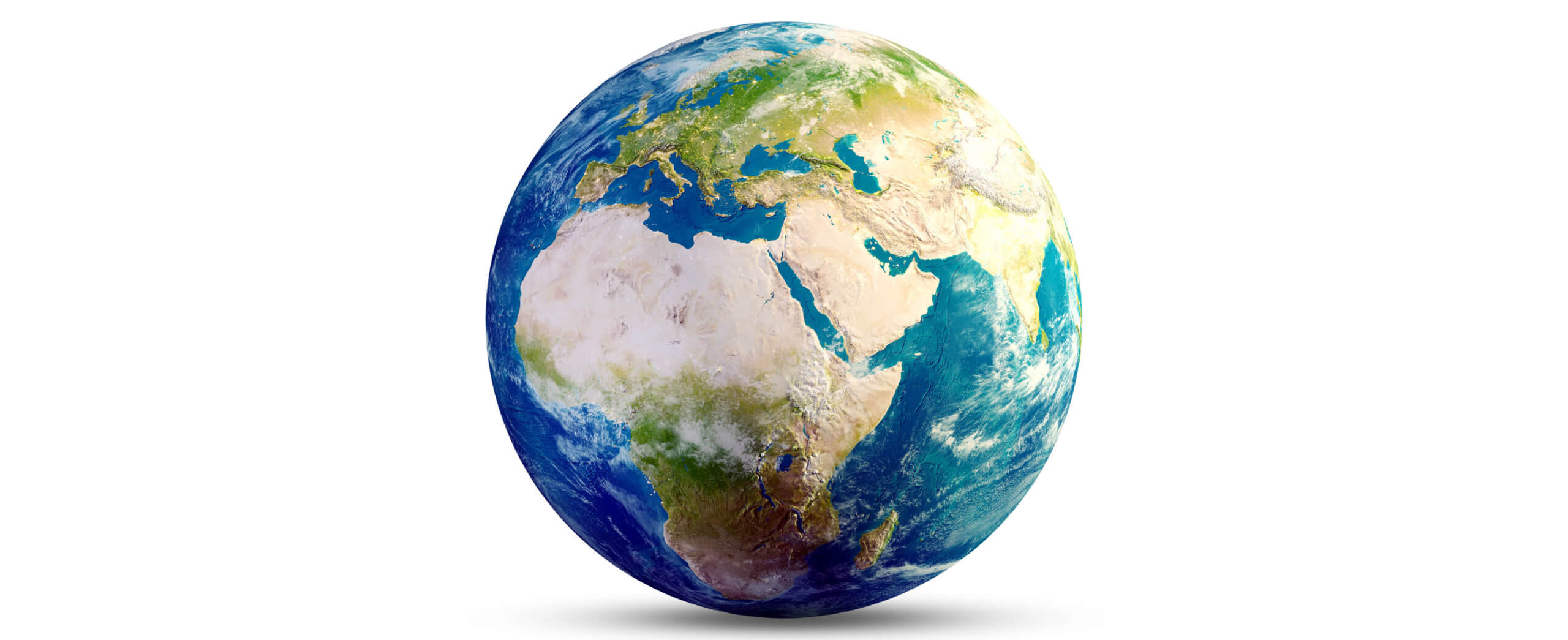“There are decades where nothing happens; and there are weeks when decades happen.” – Lenin
This too shall pass…it might not feel like it now but there is going to be a future. Coronavirus will change so many things and whilst we have this time it is so important to start thinking about that future – to help us plan and for our mental health. It has all happened so quickly and as the pandemic stretches on we won’t know the whole impact until it’s over. Life has been radically transformed and when the world starts up again, like it will, we need to be prepared as things will not be the same. At Vivaldi developing a dynamic understanding of people is at the heart of everything we do – our brand, innovation and communications strategies. Humans are amazing and adapt.
Across our global offices we are sharing thoughts on what the permanent changes may be as we prepare ourselves and there are some threads that we are starting to track to be future ready.

1. Digital acceleration. Needs must and people are learning new ways to use the digital tools available to them – be this isolated older people doing their grocery shopping online or learning how to connect with family on Skype, children taking part in You Tube Live PE lessons with over 950,000 others, using online tools daily for homeschool, subscription services booming and rolling out innovations like Netflix Party, virtual galleries bringing the Louvre as close as the British Museum, online gaming, Houseparty the list goes on and grows by the day. People are not going to forget these ways of doing things when the pandemic is over. They might actually prefer them especially where they offer short cuts to give back time that they might want to spend connecting with the real world they are currently missing. We are at a moment of accelerated creativity and innovation with people and businesses finding new ways and thinking differently. Your business needs to be tracking these emerging changes – not necessarily acting now but planning for the digital customer of tomorrow. Looking at new digital interactions and mapping them to see the impact for brand strategy, innovation and creative communications.
2. Reprioritisation. People say you don’t know what you’ve got until it’s gone. A hug from a friend, a child genuinely missing school, small talk with a local shop keeper, seeing your mum on Mothers Day, missing office banter OR working out which brands or products you really “can’t live without”. This moment is going to redefine us, frame a generation (lets hope nothing worse comes long) in big and small ways. Just look at the grocery sector which is now seen as fundamental more than just a money making machine. It shakes up every trend, it hopefully helps “wellbeing” and purpose led marketing escape platitudes as people recognise what is important and what is authentic. Companies from Amazon to McDonalds are struggling to walk the walk, whilst LVMH came from nowhere to lead the pack with agile but tangible action. At a product level brand managers need to think through how they will fit into the world that follows. Scenario planning needs to look for some of the ways people may react – either rebounding with frivolity like the Roaring 20’s despite austerity or with a renewed interest in meaning and simple life rejecting all that we found we didn’t need. It will differ by segment and sector so working through how the context for your marketing has changed, predicting scenarios and how your brand plans for that culture will ensure purposeful agility to reclaim a bright future rather than having to panic again to keep up.
3. Borderless balance. Before CoronaVirus the world was frantic- work, socialising, caring for aging parents, choosing between thousands of coffees, finding your purpose and developing a side hustle…but it has all slowed down for those of us who are not Key Workers. Life has got simpler yet scarier. And the simple has been embraced to block out the fear. People are enthusiastic about having the time to play Lego with their kids instead of commuting, running to refresh their mind, making bread or eat lunch as a family. It’s a bit lonely and boring at times, but for many it’s reminding them of some of life’s pleasures, proving the flexibility remote working offers and that connection is still possible. For many of us still lucky enough to be working, work is now what we do more than a place. The world is working from home if they can. Some companies have had to panic buy staff laptops whilst others like ourselves have always needed the tools to work remotely across regions, at home or across time zones. But every business will get there – they have to to stay in business. This is a fundamental shift. It is a crisis making us all work differently, a time where creativity may trump productivity, collaboration is virtual – a colleague in New York is as much a face on screen as those in London. This has a huge impact on b2b marketing, opens up opportunities for borderless competition, changes the cultural and working demands of staff. CoronaVirus may have just killed the 9-5, monday- friday office culture and accelerated international competition. Businesses can use this time now to create a plan for when this is over, to learn from how people have changed to grasp the good of a better work life balance and borderless connections. If your business is not going to use it to their advantage another will to inform brand strategy,company culture or enter a new market.
Everyone’s plans for the year have just been thrown up in the air. No one could have planned for Coronavirus but you can start planning for the future. We might not know the date but we know its going to happen. Lenin said “There are decades where nothing happens; and there are weeks when decades happen.” The world has changed fast and so we are not caught short when this all stops it is important to start listening, watching and strategising for the new world. We are thinking about it are you?
